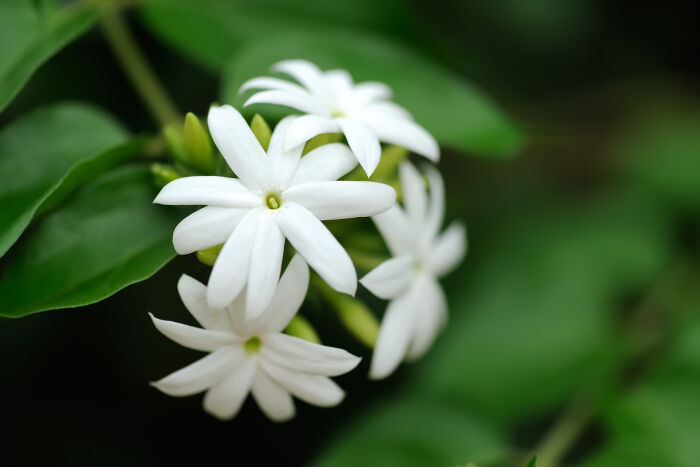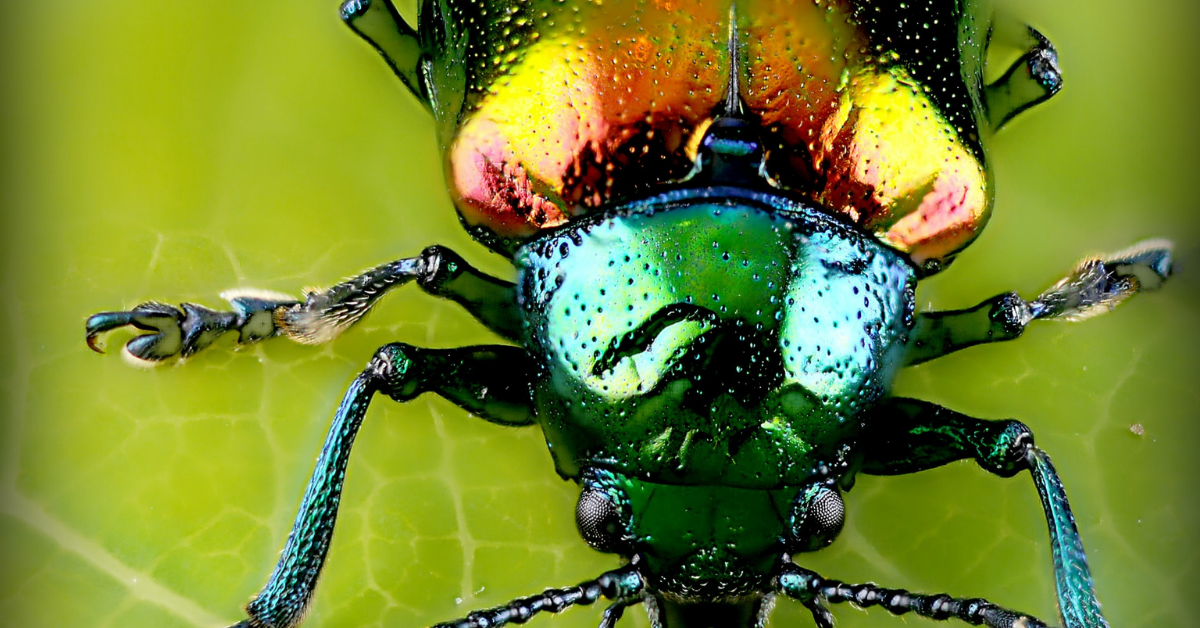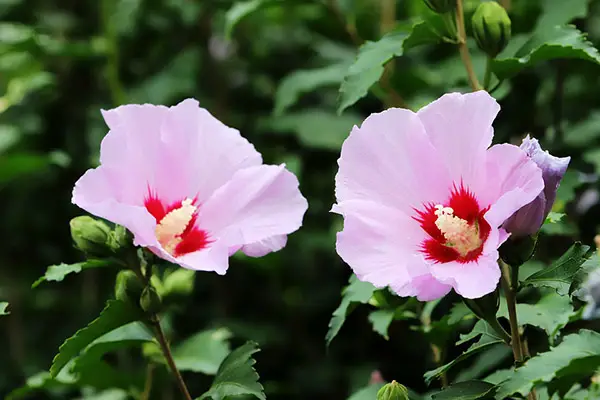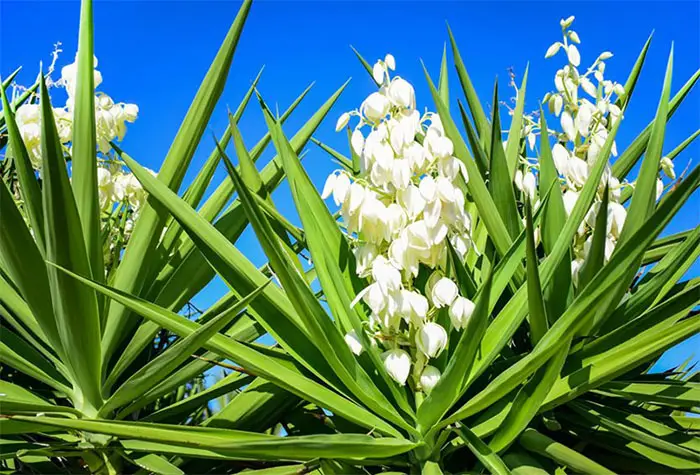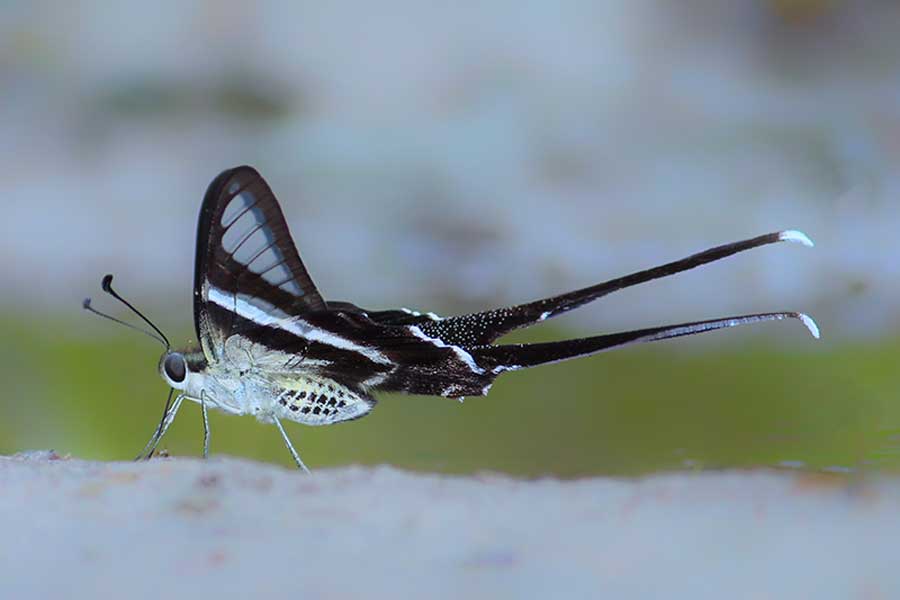Citronella plants are indigenous to tropical areas of Asia. They are grown in Burma, Indonesia, India, Java and Sri Lanka, commercially for use in insect repellent, candles and soaps. It is grown as a popular food spice in Indonesia.
Artificial pesticides could be described as more threats than normal insects. As every gene of insects becomes more resistant to pesticides, this means the stronger and more powerful insecticides are produced. Before now, we humans are consuming these chemicals as they percolate into our homes, gardens and glades, and as a result, we are exhausting the importance of our health and that of ours pets also. We just hope that most American gardeners will help setback these tendencies by using the natural pest obstacles which have been used by our generations successfully. Citronella plants are a good example, which helps in dealing with all insects and even parasites.
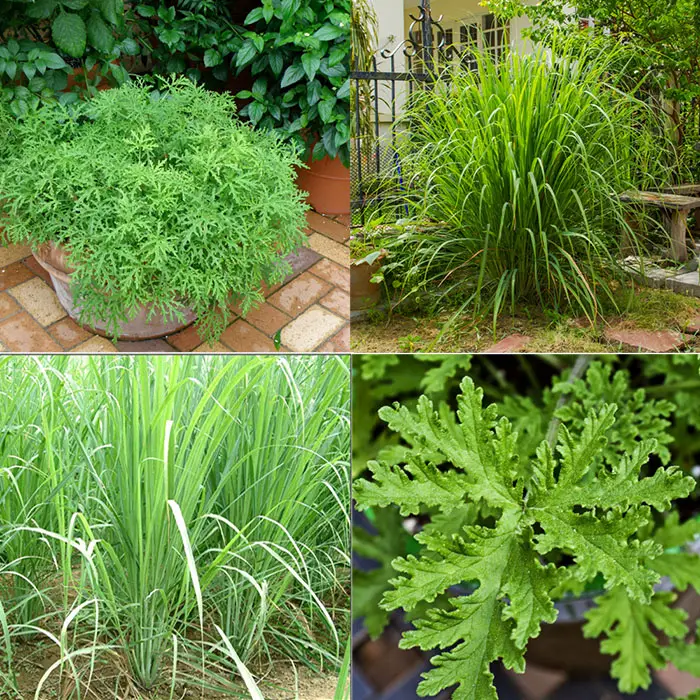
Aside from its mosquito-repelling properties, the plant is also used to deal with lice and other parasites, like intestinal worms. Some other herbal benefits of citronella grass plants include:
● Depression
● Relaxes muscles
● Reducing fever
● Relieves migraines
● Tension
Antispasmodic antibacterial, antimicrobial, anti-inflammatory and anti-fungal oil from the citronella plants are used in most cleaning products.
Are Citronella Plants and lemongrass the same?
Citronella is sometimes called lemongrass, but they are two distinct plants. Lemongrass and citronella grass are although closely related, and they look alike and smell very much similar. Notwithstanding, the citronella has reddish colored pseudostems, while the lemongrass is green completely. The oils derived from both plants are used equivalently, but they are not utterly the same, though.
Does Citronella Plants Repel Mosquitoes?
Citronella grass plant contains oils which are used to repel mosquitoes. Nevertheless, these oils aren’t just derived when they are growing in a spot. For you to acquire the oils which are useful for mosquito-repelling, you need to extract them, or you can only crush or press the grass blades and apply directly on skin or clothes. Don’t just apply oil fully on the skin, test a small area of your skin for an allergic reaction first.
As a running mate plant in the garden, citronella grass also diverts whiteflies and other pests that are spaced out by its potent lemony scent.
Often plants that are sold as citronella plants are not really citronella plants. Rather, they have scented geraniums or it could other plants which have citronella- like scent. This citronella- like scented plants don’t have the same oils that repel mosquitoes. So while they are smelling as the citronella plants, there’re not effective in what we purchase them to do.
Where to plant
If you want to grow a citronella plants, make sure you place them where it can take in bright but strained sunlight. It can droop or wilt in areas with too much harsh sun. The plant likes damp, loamy soil. It also requires high wetting needs; consequently, if you are growing a citronella plant in a container, you must water it daily. Citronella plant can be decomposed in spring, which would, therefore, be a good time to provide the plant with a yearly portion of nitrogen-rich fertilizer. Citronella plant can be an amazing addition to containers; the plant only grows 5 – 6 feet, which is (1.5- 2m tall) and 3 – 4 feet (1 – 1.5m wide).
Citronella balm
Citronella balm is an amazing herb. This balm is a tough unchanging for zone 5- 9. It is more centralize and more mildew-resistant than the general lemon balm, and it grows 12 to 18 inches tall in proper condition. The citronella balm is classified under the mint family, therefore, making the leaves bright green and about 2 inches long with toothed edges. Although it is a less aggressive spreader. Looking at the leaves normally, it resembles a spearmint leaf, maybe that’s why it is mistaken for a lemon mint. With the lemon balm and citronella balm, citronella balm is the favorite of bees. Which earned it the botanical name “Melissa,” which is a Greek word for bee. They are easily grown as a windowsill or patio plant; it also grows very well in containers.
To make this amazing herb, crush a handful of the citronella plants leaves for a burst of its fragrance and apply directly on exposed skin to avoid disturbing mosquitoes and gnats.

